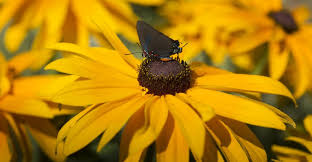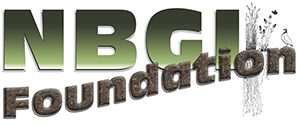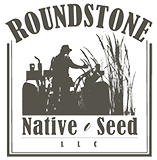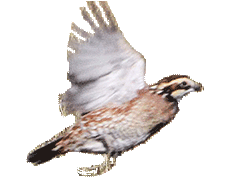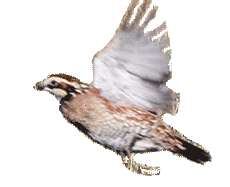National Bobwhite and Grassland initiative foundation
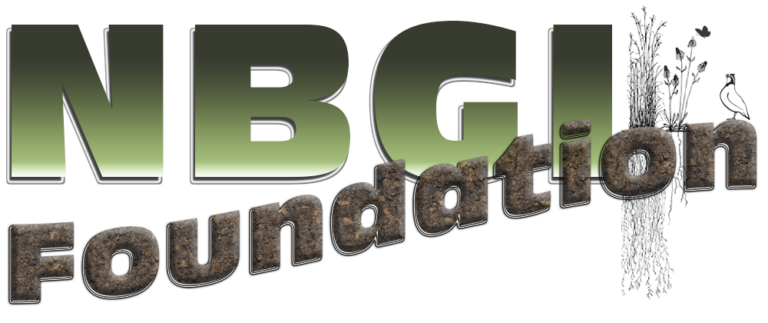
Help Us restore habitat for declining species
You may help restore habitat for many species.
Following a half-century of decline, landscape-scale restoration of bobwhite and grassland bird habitats and populations across their range will require determined and sustained conservation leadership, priority, funding and focus for decades to come.

Simple Steps That Will Make a Big Difference
Native Grass and Forbs!
Understand how native warm season grasses and forbs grow. Be patient-it takes much longer to establish a stand of native warm season grass than it takes to establish a stand of cool season grasses.
Restore Habitat- Restore Diminishing Species
Huntable populations of bobwhites can be found in, or restored to, the pine forests of the Southeast, mixed forest and agricultural landscapes of the Midwest, and rangelands of Texas and Oklahoma, among nearly all other places within their original geographic range, so long as the appropriate habitat components are sustained or restored and urban-suburban encroachment on these habitats is not a factor.
Prescribed Fire
The bobwhite quail was first deemed the ‘fire bird” by Herbert Stoddard, author of the 1931 classic; The Bobwhite Quail: Its Habits, Preservation, and Increase. The bobwhite earned this nickname due to its positive response to fire.
You Can Help
1. First, spread the word about NBGI by sharing this website with friends and acquaintances who care about bobwhites and other grassland species being wiped out by destruction of their habitat. 2. NBGI is an organized effort by the states for the states, so contact your state’s Quail Coordinator to tell them you support their efforts to restore quail to America’s landscape and ask them how you can help. 3. Check to see if your state offers a specialty license plate that supports quail/wildlife management. 4. Ask your state forestry commission how they are working with the state’s wildlife biologists to manage state forests in a way that will help recover wild quail populations.
Approximately 85% Wild Quail Populations have diminished since the 1970's
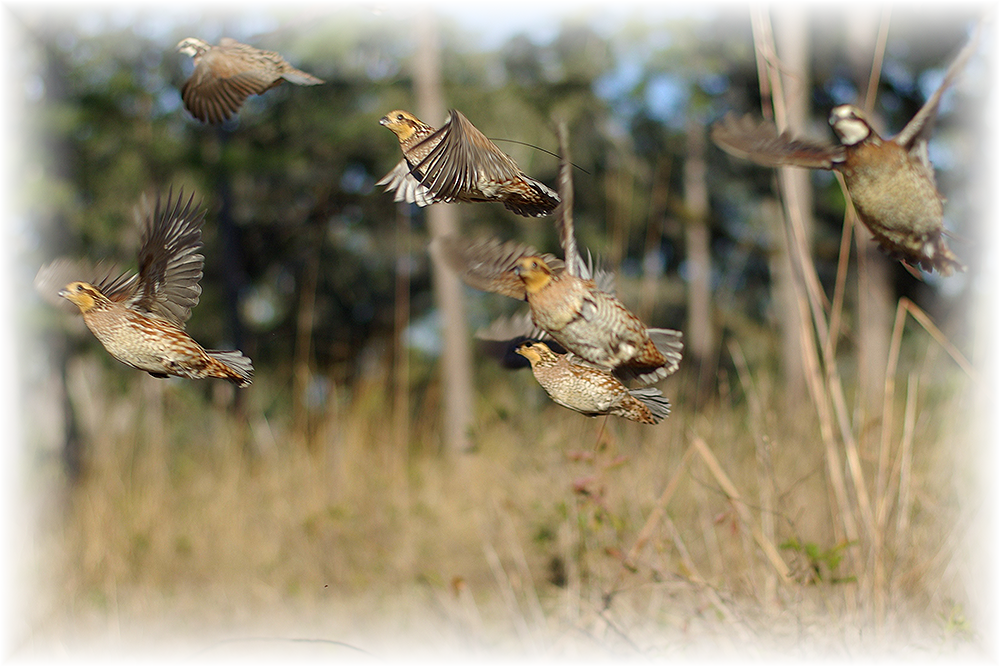
Don’t fly Away!
It’s Time To Make A Change.
Our Volunteers Love To Share Their Thoughts
